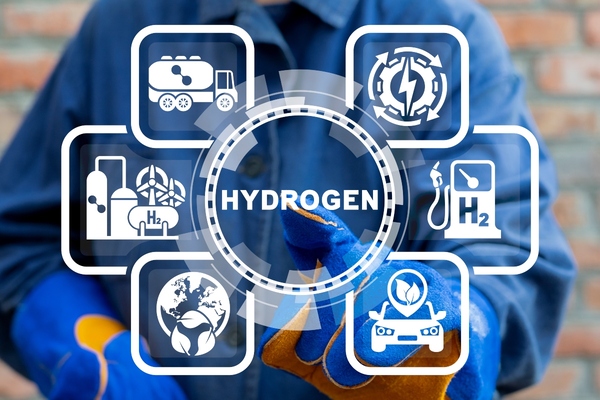Waste-to-hydrogen plant planned for Suez greenfield site
The facility in East Port Said will produce clean hydrogen to power Egypt’s domestic energy transition and enable it to become an exporter of hydrogen and a major player in the hydrogen economy.
The General Authority for Suez Canal Economic Zone (SCZone) has signed a memorandum of understanding (MoU) with H2-Industries to build a waste-to-hydrogen facility at a new greenfield site in East Port Said. The project has an estimated cost of US$4bn.
Yehia Zaki, SCZone’s chairman, explained that MoU is not mandatory until H2-Industries finish all the feasibility studies but hopes the final contract will coincide with the Cop27 climate change event in November.
Clean hydrogen
H2-Industries, a global hydrogen generation and energy storage solutions company, will produce clean hydrogen to power Egypt’s domestic energy transition and enable it to become an exporter of clean hydrogen and a major player in the new hydrogen economy.
“This project has the double benefit of creating valuable clean hydrogen while addressing the important issue of waste management by using organic waste, including plastic waste,” said Michael Stusch, H2-Industries CEO.
“We are convinced that waste-to-hydrogen power plants, with their unique impact on local GDP, local environment, and low-cost energy supply will become a significant part of each country’s energy portfolio”
“This is just the first of three international projects where governments, around the globe, realise that organic waste and especially plastic waste, if treated correctly, can be a valuable asset and used to generate significant amounts of clean energy with our project in East Port Said.”
He added: “We are convinced that waste-to-hydrogen power plants, with their unique impact on local GDP, local environment, and low-cost energy supply will become a significant part of each country’s energy portfolio, especially in Africa.”
This project targets a production capacity of 300,000 tons of green hydrogen per year, which means that the power plant will be able to dispose of four million tons of municipal solid waste (MSW) per year, transported by a fleet of hydrogen-powered waste trucks which can be transported and used to fill storage tanks.
SCZone is an economic hub with a total area of 461km2 along the banks of the Suez Canal. It is governed by the General Authority for the Suez Canal Economic Zone, an autonomous body with executive/regulative powers. It comprises six ports and four industrial zones that aim to create job opportunities and boost economic development
- Africa
- East Port Said
- Egypt
- Energy & Environment
- Greenfield sites
- hydrogen
- Renewables
- SCZone
- urban space
- waste




Leave A Comment